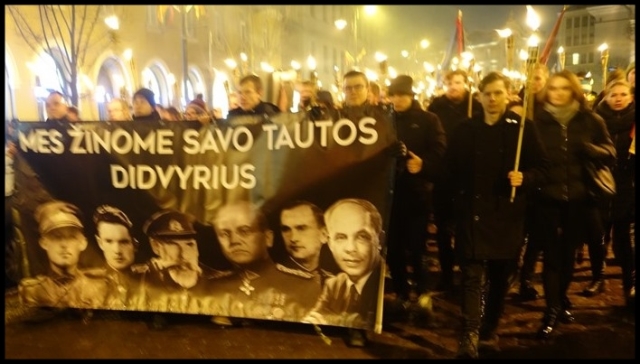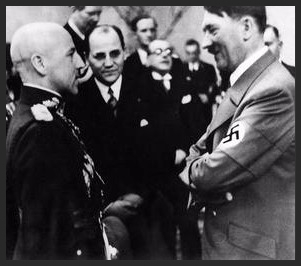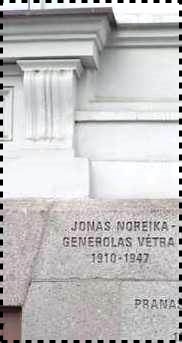◊
◊
Five years ago, I wrote about the alleged connections of Adolfas Ramanauskas to the persecution of Jews in Druskininkai. Following publication of the Lithuanian version, the English version appeared here in Defending History in 2014. The connections are based in the first instance on Ramanauskas’s own memoirs, published in post-Soviet independent Lithuania, where he boasts that he served as leader of “the rebels’ squad” during the precise days and weeks of June and July 1941 when these “rebels” of the Lithuanian Activist Front (LAF) were in fact unleashing humiliation, plunder, violence and indeed murder against Jewish neighbors (the Soviet army was escaping Hitler’s invasion, not these white-armbanded LAFers). Following upon Ramanauskas’s own memoir and boast came research into the actual police records of the summer of 1941, as well as the postwar Soviet war crimes trials’ transcripts.
When writing that first article in 2014, my goal was not to find or prove something directly compromising. I was simply disturbed by the obvious collision of this heroic myth and its historical circumstances. It was part of my series of articles in Defending History, starting in 2012, that was launched by my essay “Why does the State Commemorate Murderers?”.
LATEST MEDIA:
But then, in late 2017, the Seimas (parliament) of the Republic of Lithuania declared 2018 to be the Year of Adolfas Ramanauskas-Vanagas. Indignant at the uncritical worship, Dr. Efraim Zuroff, director of the Simon Wiesenthal Center’s department of East European affairs, brought a copy of my article to the members of the Seimas and was condemned without them even attempting to read it. During that period, I published a second, follow-up article focused on the moral issues.
Successful resistance to the plans of the Genocide and Resistance Research Center of Lithuania to erect a monument to Ramanauskas in his native city of New Britain, Conn., were enabled exactly by the facts mentioned in the 2014 piece (that saga can be followed in Defending History). One year ago, the City Council of New Britain “just said No.”
Continue reading






